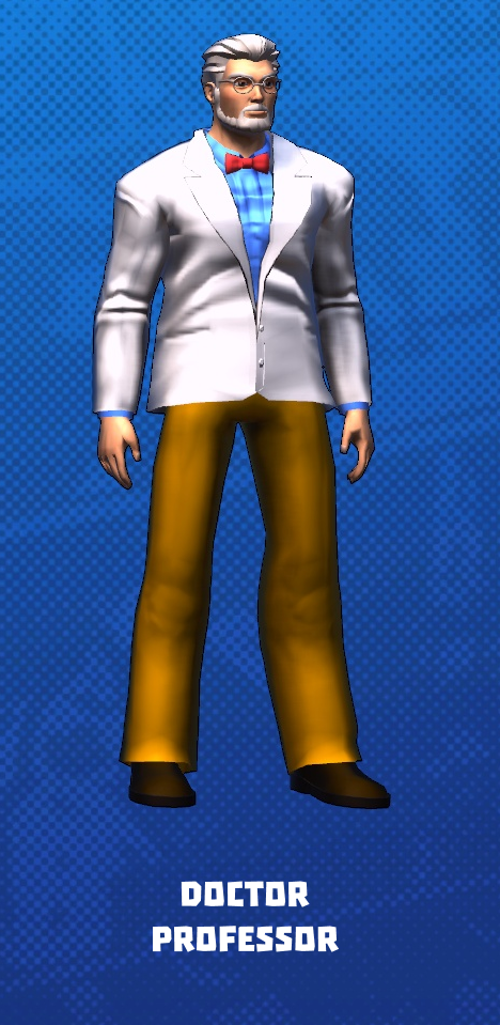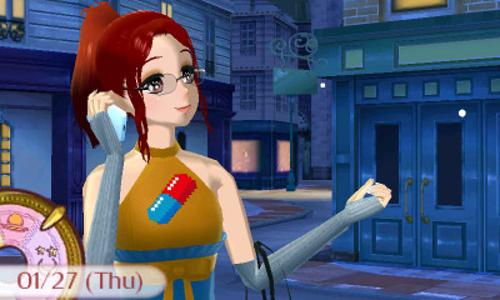FOMO and Giving Games a Chance
I can’t find it now, but some years ago I read an article suggesting that players can generally suss out the shape of a game within ten minutes. That’s enough time to get an idea of the game’s core loop and how appealing it is.
Obviously this will vary from game to game - some openings are more representative than others - but I can easily believe that on average ten minutes is where diminishing returns start hitting hard. I wouldn’t be surprised if something like one in twenty games that you don’t enjoy in the first ten minutes is one that you would end up liking if you kept going. In which case, you’ll have less good gaming time overall if you give every game a couple of hours to prove itself instead of cutting off earlier.
This makes sense to me, especially as we are long past the point at which there are more good games out there than anyone can possibly play and they still keep coming. But every time I put down a game because I didn’t enjoy the first ten minutes, I get this pang of fear. I think back to some of my all-time favorite games that I didn’t enjoy at first. Star Ocean: The Second Story. inFAMOUS. Mass Effect. Ratchet & Clank: Going Commando. If I tried those for the first time today, would I get frustrated or bored and abandoned them and miss out on some of the best gaming experiences I could ever have? In truth, any game I put down like that now could be another one of those games - and I would never know.
I have to remind myself that the math still checks out. Most games are not ones I’d love and my time is limited. Thanks to PlayStation Plus and Steam sales and Humble Bundles and so on, I literally own hundreds of games I’ve never played. Even my list of high-priority titles I expect to particularly enjoy has several dozen games in it including some serious heavy hitters that have been there for years. Batman: Arkham Asylum! Her Story! SteamWorld Heist! The list goes on. How can I justify spending more than ten minutes on a game that isn’t grabbing me when Persona 5 and Horizon Zero Dawn are waiting on the shelf?
If I’m not careful, though, this way of thinking replaces the fear of overlooking gems with guilt for ignoring important games. When I play a game that I like but don’t love, I end up feeling bad that I’m continuing with it instead of finally checking out the Yakuza games or something, and it’s just a little bit harder to enjoy my time with it.
It’s easy to say “just relax and play what you want.” It’s harder to do it.


